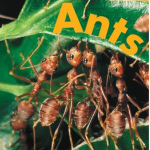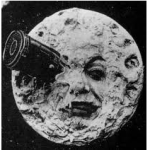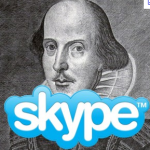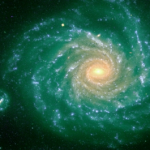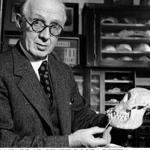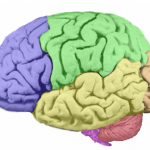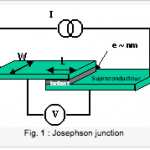This post, by Dr. Giovanni Siepe, is our last before the holidays. We wish you all a very happy holiday season, and we’ll be back in 2012! In an article by Debora MacKenzie in the New Scientist magazine entitled ‘Can Ecosystems Show How to Fix the Euro?’, the eurozone is analyzed as a complex networked […]
Archives for 2011
Skills vs. Culture in Education – Developing a Solution
In our previous post we looked at the conflicting positions of a school that emphasizes skills vs. a school that emphasizes culture. The ‘skill school’ protects the need to develop ability to apply skills in a work environment, whereas the ‘culture school’ protects the need to develop the ability to think and analyze in an […]
Skills vs. Culture – a Conflict in Education and Innovation
Humanity evolves through cooperation. This cognitive evolution has allowed us to grow beyond living in isolated, warring tribes to create international communities based on common interests. The distinctive feature that has allowed mankind to evolve in this cooperative way beyond animals is language. It is through language that humans create higher levels of consciousness. Thanks […]
Looking at Systemic Solutions for Education and Innovation
Standardized vs flexible In our previous post, we looked at our take on the Core Conflict affecting innovation in education today related to standardized knowledge and testing vs. flexibility and personalization. In this post, we take a closer look at what some systemic solutions can be to emerge form that conflict. Using the systems thinking […]
Looking at the Core Conflict in Education and Innovation Today
In this post we will be looking at what we consider to be the Core Conflict regarding Education and Innovation. We have analyzed this conflict using a rigorous tool that combines intuition with logical analysis to produce a solution that is a non-linear synthesis. This Thinking Process Tool is known as the Core Conflict Cloud […]
Reality is not made up of cycles but complexity – Innovation and Education Part 2
Prof. Pagano is Associate Professor of Experimental Physics at University of Salerno, Italy. His considerations here provide the backdrop for verbalizing the core conflict in which educational institutions, schools and universities are immersed. We will analyze that core conflict in our next post. Cycles We tend to see recursive patterns in all aspects of life. […]
Innovation & Education: The School of Evolution
This post is by Prof. Sergio Pagano, a member of the Intelligent Management team and an educator. He teaches physics at the University of Salerno, Italy, and has spent twenty years doing scientific research on superconductive electronics, macroscopic quantum coherence and nonlinear physics, so he is also concerned with innovation in science. Current Conflict in […]
Can a Standard for Innovation Make Companies Smarter? – Standard of Innovation Part 5 of 5
This post is by Dr. Domenico Lepore, an international expert on systems thinking for management. He is the Founder of Intelligent Management Inc. An organization requires great focus in order to keep up with the continuous innovation process. The focus needed can only be developed as a result of an improved “collective systemic intelligence”. By […]
Can a Standard Stimulate Innovation or Stifle it? Standard of Innovation Part 4 of 5
Dr. Domenico Lepore, Founder of Intelligent Management Inc. and international expert in Quality and Systems Thinking for organizations, continues his series on the Standard of Innovation. Why do we have Standards? Standards are created to allow operationally defined quantities to be measured in a way that makes sense. After having defined “Volt” we need a […]
The Interconnection of Leadership, Quality and Innovation – Standard of Innovation Part 3 of 5
Dr. Domenico Lepore, Founder of Intelligent Management Inc. and international expert in Quality and Systems Thinking for organizations, continues his series on the Standard of Innovation. Leadership: definition and role Earlier in this series we suggested the first 2 steps towards prosperous innovation: 1) creating an operational definition 2) challenging the assumption that imagination is […]
